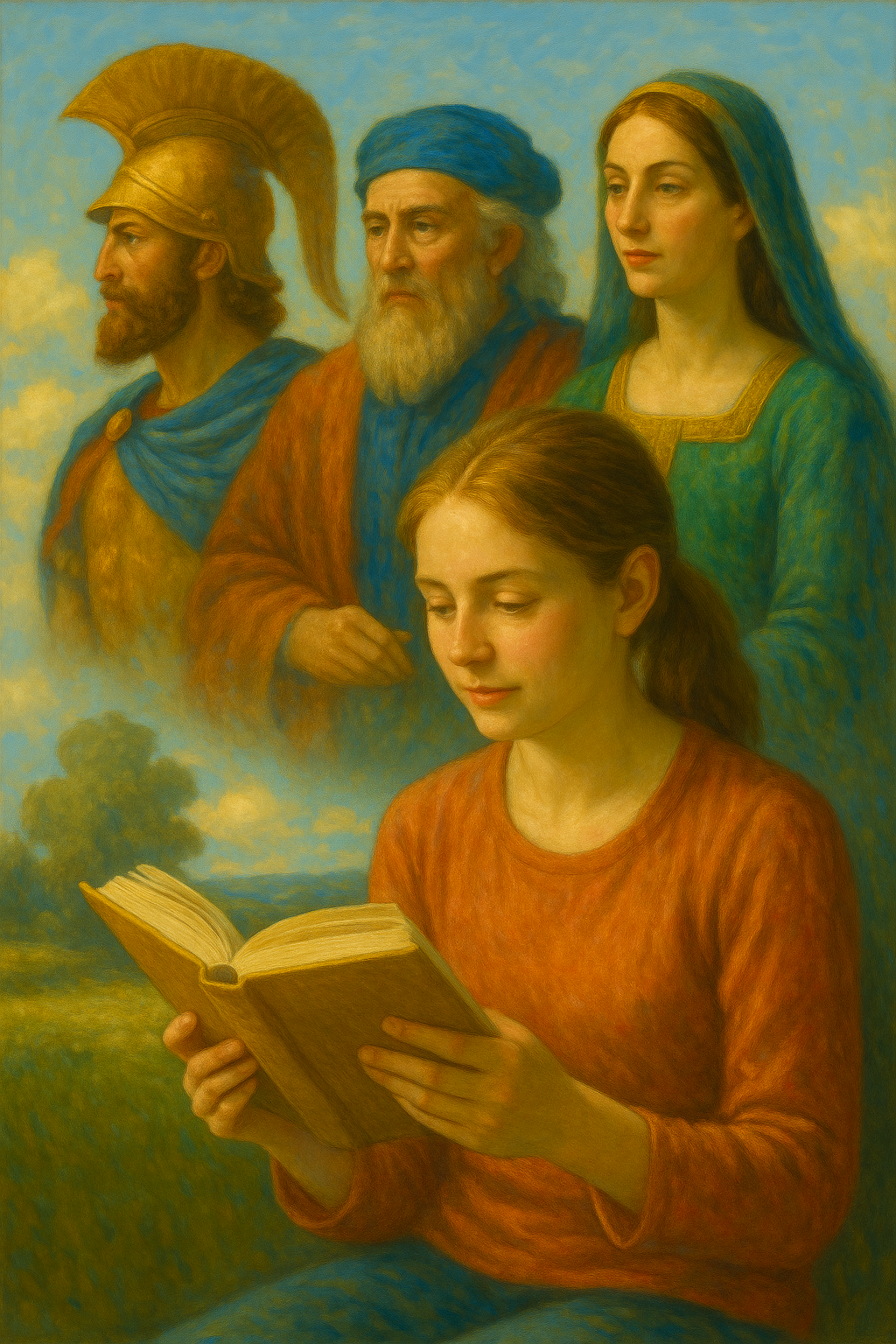Explore how fiction profoundly shapes our understanding of history and memory. By examining how novels inform societal narratives and influence education, this article uncovers the interconnectedness of storytelling, memory, and historical interpretation.
The Power of Fiction in Historical Memory
Fiction has the remarkable ability to reshape our perception of history by weaving stories that resonate emotionally and intellectually. According to the National Endowment for the Humanities, narratives in literature often portray historical events more vividly than textbooks, leaving lasting impressions on readers.
How Stories Influence Historical Understanding
Stories serve as important tools through which history is perceived and understood. They transform historical facts into relatable narratives, providing context and emotional depth that traditional history books may lack. This transformation allows readers to connect with the past on a personal level, enhancing their comprehension and retention of historical events.
* Fiction as a Lens: Offers a unique perspective on historical events.
* Emotional Engagement: Engages readers with the past through character-driven plots.
* Contextual Insights: Fills gaps left by historical records, offering comprehensive views.
Memory and Narrative: An Intricate Dance
The relationship between memory and narrative is complex, with storytelling styles significantly affecting memory formation. Narrative psychology, as explored by the University of Pennsylvania’s Narrative Psychology Lab, reveals how cognitive retention is strengthened when stories evoke emotional and intellectual engagement.
* Storytelling Techniques: Crucial in enhancing memory retention.
* Emotional Connection: Strong emotional narratives are more memorable.
* Cognitive Engagement: Activates the brain, creating lasting impressions.
Fiction’s Role in Memory Formation
Fiction influences our collective memory by shaping how we remember historical events. The Journal of Historical Fiction highlights that readers often shape their personal and collective identities based on narratives encountered in fiction. These stories create lasting mental images that inform cultural memory.
* Emotional Resonance: Promotes personal connection to historical events.
* Deep Contextualization: Offers context and interpretation of past events.
* Diverse Perspectives: Provides multiple viewpoints on historical issues.
Cultural Memory Studies: Understanding the Framework
Cultural memory studies examine how societies use fiction to remember and forget. According to research published by the American Historical Association, cultural narratives in literature can reinforce or challenge prevailing historical interpretations, shaping societal memory.
* Role in Societal Memory: Reinforces or challenges historical narratives.
* Framework Studies: Examines how cultural settings influence memory.
* Societal Impact: Affects how history is understood in different cultures.
Narrative Psychology: The Science Behind Storytelling
Narrative psychology explores the psychological bonds forged through storytelling. A study by the Pew Research Center notes the cognitive benefits of engaging narratives, emphasizing their importance in learning and remembrance.
* Storytelling’s Cognitive Impact: Shapes memory and perception.
* Psychological Bonds: Stories forge connections and understanding.
* Educational Benefit: Enhances memory retention through engaging narratives.
Storytelling Trends: What’s New?
Current storytelling trends are reshaping how public perceptions of history are formed. As storytelling evolves, new methods enhance historical representation in literature, making history accessible and engaging to modern audiences.
* Digital Narratives: Enhance traditional storytelling with multimedia.
* Interactive Elements: Engage readers with immersive experiences.
* Contemporary Relevance: Topics that resonate with current societal issues.
The Evolution of Historical Fiction
Historical fiction has continuously adapted, incorporating contemporary issues and cultural insights. Recent works demonstrate fiction’s dynamic nature, providing a platform for discussing modern challenges through the lens of historical events.
* Contemporary Issues: Address current societal themes.
* Inspiring Dialogue: Fosters discussion on historical context and relevance.
* Evolving Genres: Blends genres for diverse storytelling perspectives.
The Importance of Narrative in Education
Incorporating fiction into education enhances comprehension of historical contexts, fostering deeper engagement among students. The National Council of Teachers of English supports the integration of narratives to enrich historical education.
* Pedagogical Benefits: Enhances student engagement and understanding.
* Comprehensive Learning: Bridges gaps in traditional history teaching.
* Encourages Critical Thinking: Stimulates discussion and critical analysis.
How Novels Influence Our Understanding of History
Novels, from classics to modern tales, redefine our education about past events, influencing everything from personal beliefs to collective narratives. Fiction’s ability to humanize history allows for a deeper, more nuanced understanding.
* Humanizing History: Brings historical characters and events to life.
* Challenging Perspectives: Offers diverse viewpoints on history.
* Encouragement of Empathy: Fosters emotional connections to historical events.
Final Thoughts: Bridging Fiction and Memory
Fiction serves as a bridge connecting the emotional realm of storytelling with the factual elements of history, shaping memories collectively and individually. Its role in crafting memories and influencing our understanding of history is profound and essential, offering insights that transcend time and cultural boundaries.
